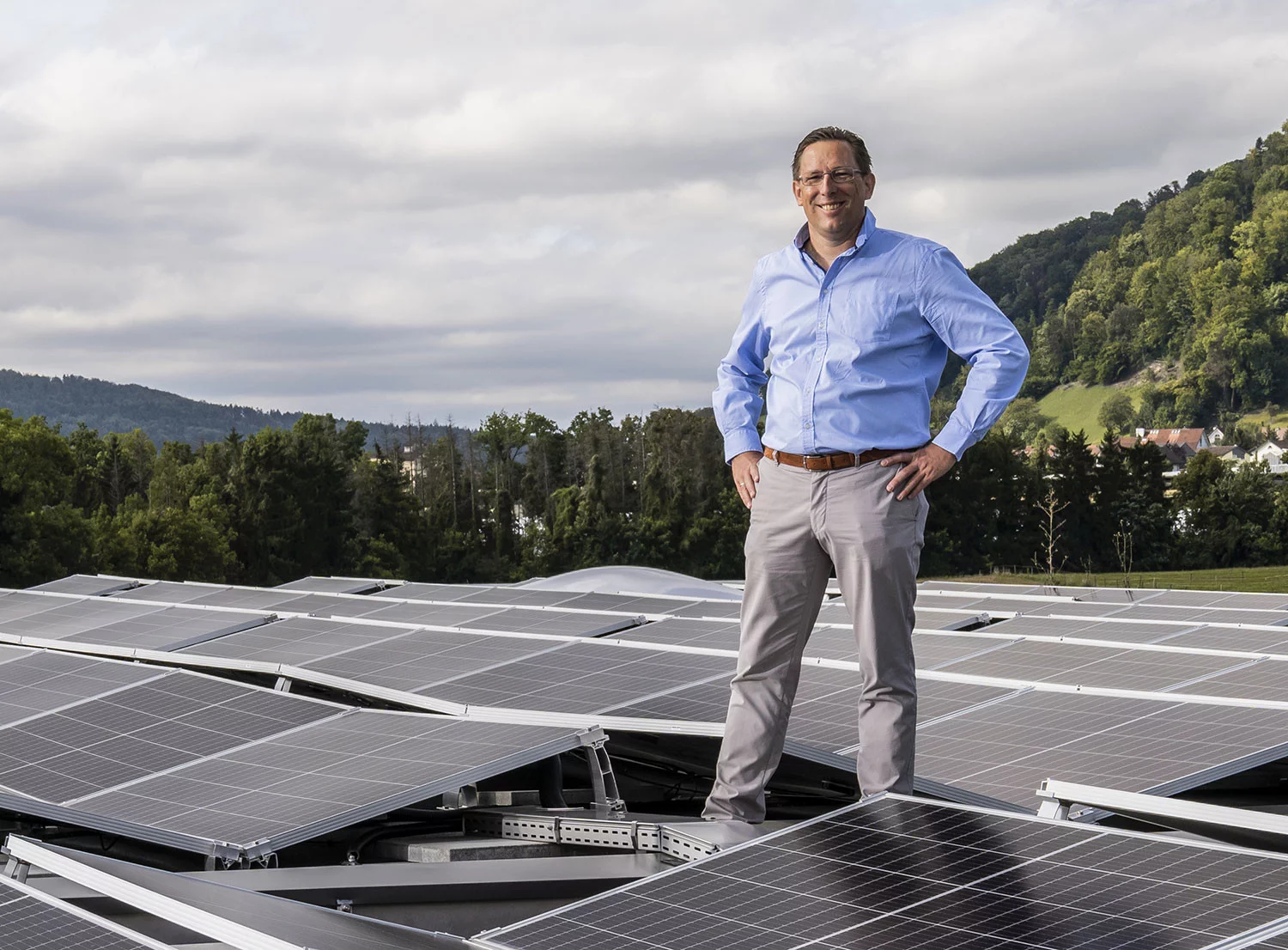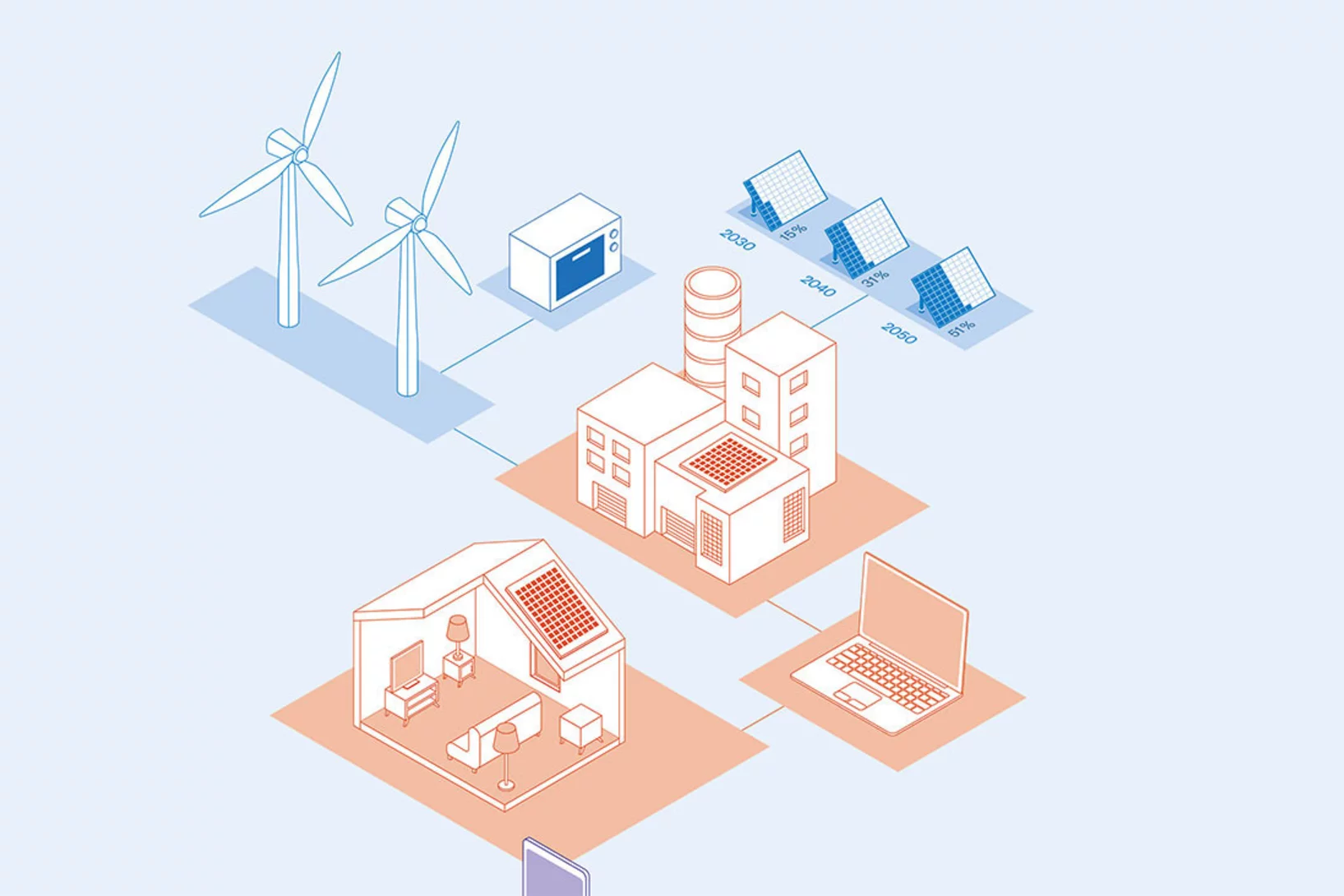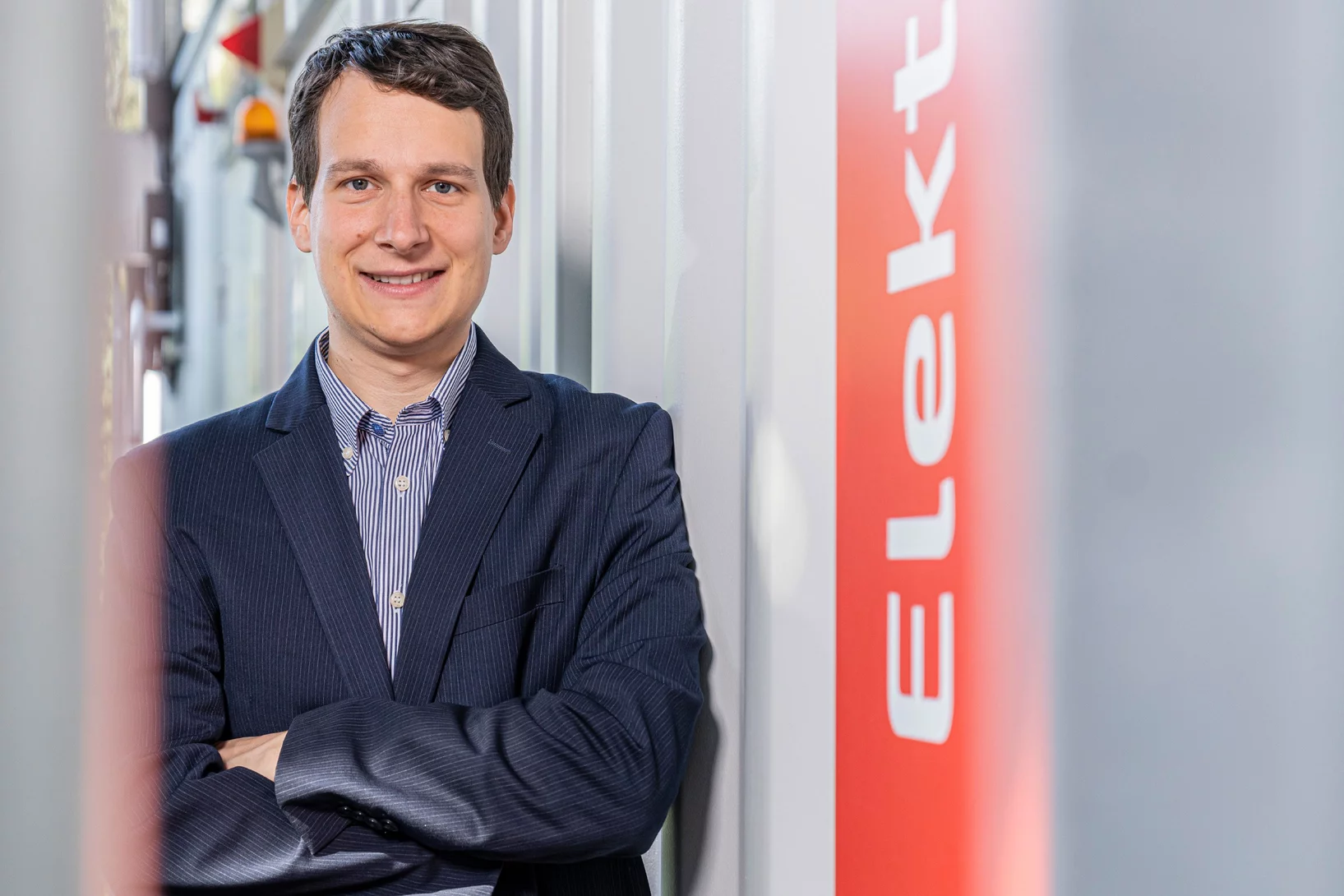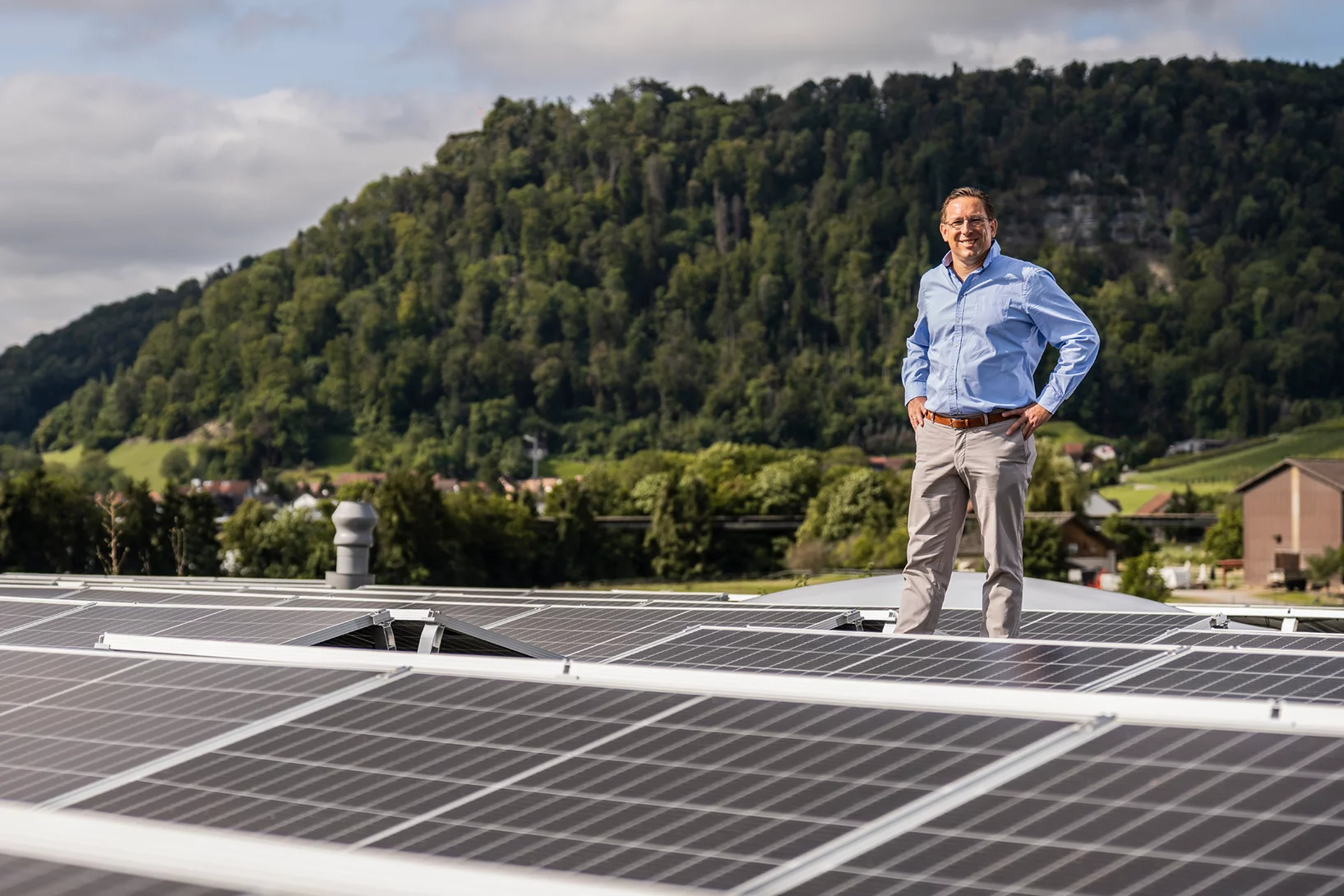Peter Burgherr is head of the Technology Assessment Group at the PSI Laboratory for Energy Systems Analysis. He and his team analyse technologies and scenarios for a sustainable energy future. He takes a rational view of possible power shortages in the coming winter and offers some helpful suggestions.
Mr Burgherr, you are a risk researcher. What exactly does that involve?
Peter Burgherr: My group takes a holistic look at what sorts of things could go wrong in terms of energy and energy infrastructure. This includes attacks on the one hand and accidents on the other. Accidents include technical and human errors as well as natural disasters. To do this, we also work on so-called scenarios, in other words we identify different possible paths of development.
There is some discussion at the moment about a possible power shortage in Switzerland. What is the worst conceivable scenario?
That would be a prolonged power shortage, one that lasted maybe up to several months. In a situation like that, consumption could have to be restricted and the power grid shut down periodically to avert the absolute worst-case scenario, which would be uncontrolled power failures. The uncertainty of such a situation would be a source of tremendous stress; many of us find it stressful even if we only fail to make our connection at the train station. A prolonged power shortage could affect all electricity-dependent sectors of the economy and society, and the economic consequences would be felt for several years.
At the end of August this year, Federal Councillor Guy Parmelin said, “Every kilowatt hour counts.” At the beginning of November, on the other hand, the media appeared to give the all-clear.
That’s right, at the beginning of November the Federal Office of Energy, the Electricity Commission and the Federal Office for National Economic Supply published a joint analysis which was discussed in the media. It’s fair to say that, in terms of what happened between August and November, things are looking up again. Nevertheless, the worst-case scenario still exists. For example, we cannot rule out that we will experience sub-zero temperatures throughout February. If the French nuclear power plants do not go back online fully, as they are meant to, and additional factors kick in, power could well become very scarce again.
Can you offer us a glimmer of hope?
We should never allow ourselves to be paralysed by a worst-case scenario. Neither a country nor its individual citizens. Switzerland has already taken many sound steps: its energy-saving campaign has motivated the population to help, without stoking fear. In addition, the Confederation has drawn up a multi-stage set of measures, which, in addition to saving power, also includes restrictions, quotas and, as a last resort, shutdowns of the power grid. All of these measures are aimed at preventing the complete collapse of critical infrastructures and services, including hospitals, financial services and the mobile communications network. To ensure that people are able to contact the emergency services, it is crucial not only to keep the batteries of mobile phones charged, but also to maintain the power supply to the mobile phone masts.
What else can individuals do right now? It’s probably too late to start installing a new solar system on your roof.
Even so, it’s always a good idea to tackle these long-term issues, for example, possibly switching from gas heating to a heat pump or installing solar panels on your roof to produce hot water or else a photovoltaic system. All this is not just a question of the current electricity shortage; it also has to do with global warming and how we intend to meet our long-term commitments as a country. Synergies like this between different goals are very important. That is also the subject of our research on a sustainable and resilient energy for Switzerland, which we are conducting as part of a project for the Swiss Federal Office of Energy.
And small-scale measures?
Those can indeed be tackled straight away. You can set your heating to 20 degrees instead of 22, or even 24, the refrigerator to seven degrees instead of five. Don’t put all your laundry in the tumble dryer. From a scientist’s point of view, I agree wholeheartedly with the federal government’s energy-saving campaign. Secondly, we should always gather information as objectively as possible; we should question sensational headlines. And thirdly, we can take precautions, for example by stocking up on emergency food and water rations, keeping a torch handy and buying a radio that works without an external power supply. I also recommend having some cash at home in case you can no longer pay by card. These provisions can make us more resilient, in other words give us the certainty that we are as well prepared as possible, even for the worst-case scenario.
Contact
Dr. Peter Burgherr
Laboratory for Energy Systems Analysis
Paul Scherrer Institute PSI
+41 56 310 26 94
peter.burgherr@psi.ch
[German, English]
Further information
SURE: Sustainable and Resilient Energy for Switzerland – A PSI research project by the Swiss Federal Office of Energy




